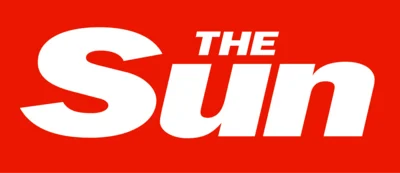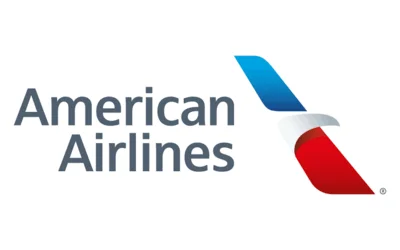Delta’s involvement with the Airbus A220 began when it ordered what was then known as the Bombardier C-Series. This order eventually led to Bombardier selling its program to Airbus, which rebranded it as the A220. Delta’s current orderbook includes both A220-100s (configured for 109 passengers) and A220-300s (130 seats). Despite similarities in size between these models and the Boeing 717-200 (110 seats), they are not used interchangeably within Delta’s network.
The operational bases for each type also differ: Boeing 717s are primarily based in Atlanta and Detroit for short-haul routes across the South and Midwest; meanwhile, Airbus A220s are based out of New York, Seattle, and Salt Lake City—often assigned longer flights that capitalize on their fuel efficiency.
Originally intended as growth vehicles rather than direct replacements for older types like the MD-88 or Boeing 717s, many of Delta's A220 orders reflected plans before disruptions caused by COVID-19. In response to pandemic pressures, Delta announced intentions to retire its entire fleet of Boeing 717s by 2025. However, faster-than-predicted travel recovery combined with delays in new aircraft deliveries have extended the operational life of some older jets.
With more than half its original order yet undelivered for certain models—and an overall strategy focused on growing total fleet numbers—Delta has retired few Boeing 717s so far despite having received nearly all its initial batch of A220 deliveries.
Although there is speculation about whether Airbus A220 will replace the aging Boeing fleet directly, this is not likely due to differences in route structure and operating economics. The short-haul missions flown by Boeing 717s do not fully leverage newer technology found on models like the A220 or their geared turbofan engines designed for fuel efficiency at cruise altitude.
Looking ahead at possible replacements for retiring fleets—including not just the Boeing 717 but also older Airbus A320-200s and Boeing 757-200s—Delta holds orders for other large narrowbodies such as Airbus A321neos (74 on order) and Boeing 737 MAX 10 (100 on order). These will be deployed mainly on longer or higher-volume routes previously served by larger aircraft like the B757 or current-generation narrowbodies.
Meanwhile, some former mainline jets such as Airbus A319-100 or Boeing 737-800 may take over select short-haul routes after being displaced from primary roles; however, since these planes are similar in age to those being phased out now—including both aging Boeings—the solution is expected only to be temporary until further renewal occurs later in the decade.
Overall replacement strategy at Delta does not hinge upon matching new types one-for-one with those retiring but instead involves shifting existing resources into new roles while supplementing coverage through regional affiliates where appropriate.
"Powered by ExpandCollapse"
 Alerts Sign-up
Alerts Sign-up




































